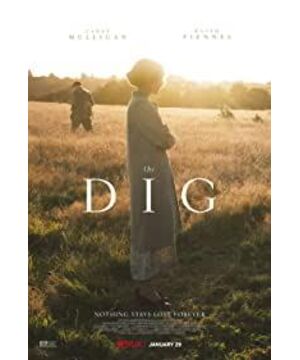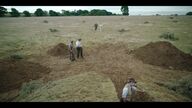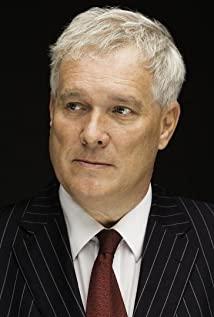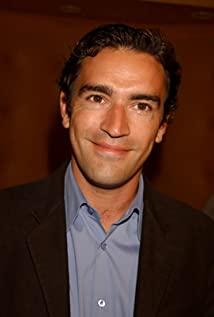Britain in 1939 was already in the shadow of the Great War. Tranquil country, Basil Brown, an untrained but lifelong archaeologist, is hired by the widow Edith to excavate a barren mound. The genial breeze, the golden grass, the occasional thunderstorm and the youth's vision of the future and space have become their most wonderful life. Basil also forged a deep friendship with Edith's son, and in Basil's With unremitting efforts, the barren tomb that was not valued by the archaeological community was buried in a boat when it was discovered. The days of archaeology weren't absolutely perfect, however - the fame of the excavations attracted an arrogant British Museum archaeological team that wanted to take over, and Edith's worsening illness made her feel compelled to die. Helpless and apprehensive. Facing the lack of attention paid to him by the archaeological team that took over the site, Basil left Edith's manor angrily. At this time, Basil realized that his participation in archaeology was not for fame, but because of his love for himself, and believed that the significance of archaeology lies in The future is to establish a bond with future generations. This is incomparable to personal fame and fortune and the war that was like a drop in the ocean. Seeing the young man who came over, Basil decided to return to work, and at Edith's request, He was also able to continue digging as he wished. As time passed, the unearthed gold artifacts proved that this boat burial belonged to a prominent person, and a coin also proved to the world that the Anglo-Saxon era, which was originally considered to be the dark age, was not absolutely dark, but developed. economic and cultural. The archaeology has achieved great success and won the attention of the society. At the banquet, Edith thanked Basil, who was still undervalued, and decided to send the unearthed artifacts to the British Museum for more people to visit, but she was not happy , the war has broken out, her brother joined the Air Force like her deceased husband, and her health is deteriorating, she is afraid that her death will leave nothing in the world, but this treasure excavation was completed with her full support , it is she left the best legacy to the world. With the treasure gone and the archaeology over, Basil re-covers the tunnel with dirt, where the movie comes to a close.
Archaeology, often thought of as a job purely related to the past, archaeologist, is a niche profession that seems to receive little attention, and in the film, Basil gives a talk about archaeology in a conversation with his wife. The best answer to the meaning - "This work is not about the past or the present, but the future, so that future generations can know where they come from, and it is the link that connects ancestors with future generations", which is what he said in the paper. When he is valued and motivated to return to the archaeological career, he believes that it is not only a tomb, but also the footprints of the long-gone ancient people, the era that has long disappeared, and the life of the entire human civilization, proving to the world that his nation The course of his life has proved that the dark times are no longer dark, so he believes that such a noble cause is far more important than his personal reputation. In fact, his family is not rich, he needs fame and money more than those well-dressed archaeologists, but on the other hand, those high-level "professionals", they don't seem to be happy because of these unearthed artifacts, but immediately start arguing The ownership of these treasures, in the hope of bringing them fame and even haggling, is in stark contrast to Basil, who is devoted to archaeology, and Edith, who gives away treasures for free. The film is undoubtedly critical of them.
Another theme of the film may be the meaning of human life in the face of eternity. In the face of a thousand-year history, human life seems to be a drop in the ocean, Edith's fear of death seems so small, and in the face of a world war, the archaeology of tranquil villages seems so inconsistent, but their significance is so important, female archaeology The scientist's pursuit of love, his cousin's love for photography, and Basil's investment in archaeology are all the most important parts of small lives, but they are also the marks they leave to the world and others. Edith is afraid of death. Let her dissipate, Basil tells her her legacy, the beauty of the moment, with the imprint of humanity left on the world, and the child's dream of an Anglo-Saxon warship carrying her mother into space gives the most poetic depiction of death . The legacy of the Anglo-Saxon invasion of England a thousand years ago is now being discovered at the end of the war, and it has become a rediscovered historical memory, as if to show that the war has never stopped for thousands of years, everything seems to be reincarnation, and the history of the German invaders Memories will also affect entire generations as a legacy for future generations.
The film presents these themes with Terrence Malik-style poetic photography and soothing plots. Fiennes' performance of the vicissitudes of life and the amiable archaeologist, as well as the profound dialogue, brought me an excellent view. movie experience.
View more about The Dig reviews











